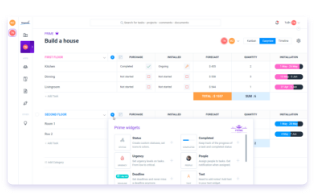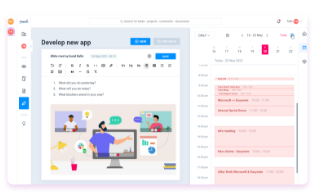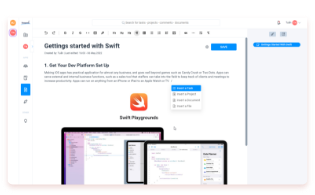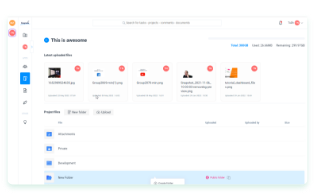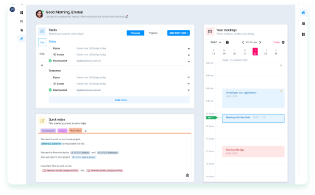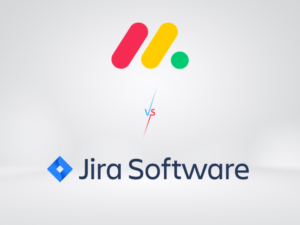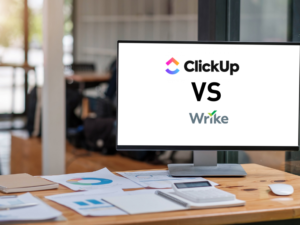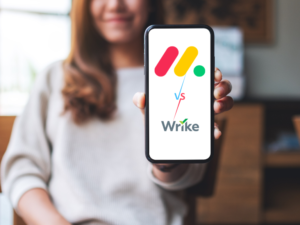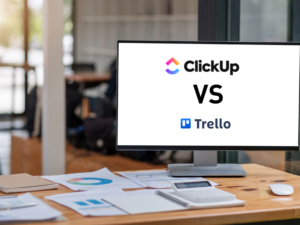Subconsciously or consciously, I think we all multitask – I, for one, can’t give one singular thing my full attention. I’ll share a small example of this – usually, I’ll get home after going shopping or coming back from work and I’ll throw on an episode of something on Netflix (I’m currently watch a french TV show called au service de la France – I’d recommend it to anyone who likes comedy/drama series) but I won’t just watch that. I’ll be thinking about what I have to do next or doing a task subconsciously – sometimes, I’ll just scroll through social media but I can never devote my full attention to a TV show.
Now, this is just a trivial example – this doesn’t really hurt my productivity however it does mean I have to rewind the show sometimes to catch the important bits. However, if we take the same thing and put into the context of working, our productivity takes a big hit.
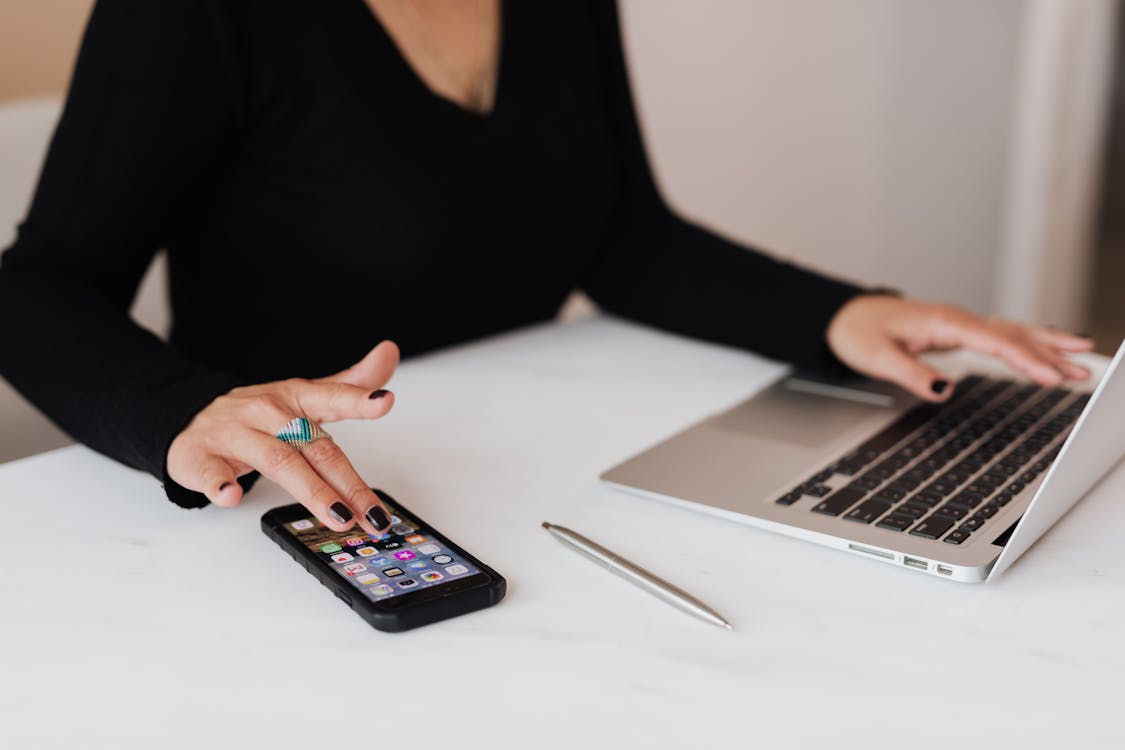
Let me paint you a picture – you’ve just been handed a big project but you only have a week to complete it. Now, instead of doing one thing at a time – as you should – you decide you have to multitask or you’ll miss the deadline. Let me just give you a quick definition of multitasking- experts say multitasking is when you do more than two task at once, when you shift your focus from one thing to another or when you execute different tasks back to back, quickly. So, even if you’re thinking about what to do next in order to meet your deadline, you’re multitasking. Now, what if I tell you that multitasking would definitely reduce your chances of meeting this important deadline and would ruin your chances of looking good in front of your boss? Most of us would stop multitasking. But this takes me back to my opening sentence – subconsciously or consciously, we all multitask because human nature dictates that we focus on the thing that is ‘most’ worth to us of commanding our attention. However, if we are able to minimise our innate nature of multitasking, it would definitely help our productivity – Here are some statistics which help put this into perspective.
A study by the University of London say that multitasking (switching focus between two tasks) temporarily reduces IQ by 15 points – this will take someone who is smart with an above average IQ and leave them temporarily less smart. If we take this into the context of a situation where you are being tested, a temporary drop in IQ can be really detrimental to your test score. It could leave someone who is expected to score 80-85% on a test and give them a 60-65% score. In any case, focus is key and multitasking (according to this study) will make you less smart than usual. Let’s just put this into more context – I read in an article (I can’t find it now) that a person’s cognitive abilities drop from that of a Harvard graduate to those of an elementary school student when multitasking. When I read this, I was really shocked – from a Harvard graduate to an elementary school student really puts into account the negatives of multitasking.
A highly accredited neuroscientist by the name of Daniel Levitin says that ‘multitasking creates a dopamine-addiction feedback loop, effectively rewarding the brain for losing focus and for constantly searching for external stimulation’. In this case, an effective example would be me losing focus of what is happening in the episode of the TV show that I am watching to get ‘external stimulation’ and the temporary happiness that you get from social media. If we stay laser focused on the task at hand, our productivity is bound to go up but this can only happen when we stop the ‘search for external stimulation’ as Levitin puts it.
Daniel Levitin goes on to says that the ‘kind of rapid, continual shifting we do with multitasking causes the brain to burn through fuel so quickly that we feel exhausted and disoriented after even a short time. We’ve literally depleted the nutrients in our brain’. From this quote, I understand that multitasking effectively increases stress and as we all know, stress does us no good at all. The one thing I’d pick out from this quote is ‘rapid, continual shifting’; this takes us back to the problem of seeking ‘external stimulation’. Let’s just take a step back and introspect – are we really focused 100% in everything we do? I would say that no one is able to do this all the time, every time. There are only a select few times in my life I can say that I’ve been 100% focused (and as I am writing this article, I can admit that I am not – my attention dwindles and I carry on checking the stats for the sporting fixtures that are on!). Therefore, we can’t expect anyone to be 100% focused all the time but we can strive to be as focused as we can be to maintain optimal levels of productivity.
How does multitasking work?
Multitasking is managed by executive functions in the brain that control and determine how, when and in what order certain tasks are performed. Experts say that there are two stages to the executive control process – one is goal shifting and the other is rule activation. Goal shifting is when we decide to do one thing instead of another and waste a few seconds when we de did to do – I do this all the time. Sometimes, I’ll prioritise a task despite me already doing a task – I know this sounds trivial at the moment but when these few seconds add up, over and over again, it leads to quite a significant amount of time that we waste. Rule activation (the second stage to the executive) is when we change from the rules for the previous task to the rules for the next task; this also adds only a few seconds here and there but these build up over time.
The effect on performance
Multitasking may lower your performance and make you more prone to making mistakes according to Dr. Kevin Madore and Dr. Anthony Wagner of the Dana Foundation; taking an example we had earlier, let’s say that we decide to multitask when we are taking potentially life changing exams. Considering what both doctors say, it may mean that it drops our chances from going to a top of the range university to a university that can be called mediocre at best. Therefore, it is essential to stay laser focused on the task at hand. I can say that I am guilty of multitasking when it comes to the last time I took a test; I can vividly remember shifting my focus from question to question by now I realise, this may have been really detrimental to my score.
A study by Bryan College found that balancing more than one task at a time actually hinders employee performance – this costs company’s $450 million per year. But this doesn’t mean that we should stop multitasking fully – we are allows to multitask when we have to. Some things are trivial and we can and have to multitask – for example, if you are walking and eating, you are multitasking by definition. In this context, multitasking is fine. We don’t need to be laser focused while walking on a safe path (though I would recommend taking more care if you are crossing the road as a second of distraction could be the difference between life and death) or while eating something.
Let’s take multitasking and put it into a potentially dangerous situation – driving. I’ve seen many people on the phone (be it texting or calling or doing whatever at all) whilst driving. Considering the facts and statistics put above – this is very, very dangerous. When driving, microseconds can be the difference between life and death for you and the passengers in the car but also for the pedestrians that may be walking on the road. We think that it will be ok for us to send a quick text to our family telling them that we’re on the way home but this little loss of attention could be potentially life threatening – this is the reason that the government really emphasises the fact that we should not be using any sort of device while driving.
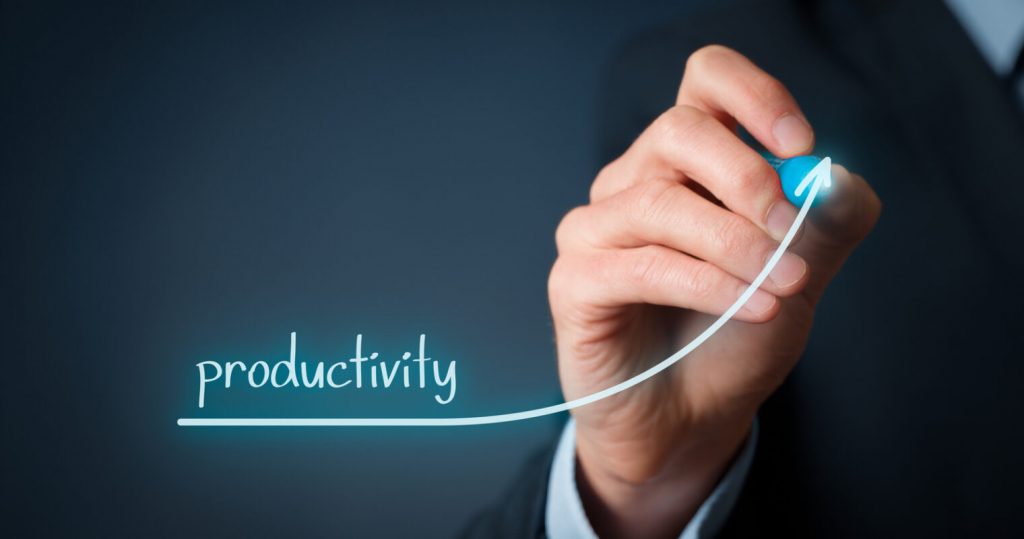
Personally, I would make a case against the hands-free calling systems that are introduced in many cars – I catch myself out many times when calling my friends or family when driving. Just the other day, I got a call from an old friend and I got so engrossed in our conversation that I missed the junction that takes me home – this little lapse in judgement cost me another 30 minutes driving but it did give me a chance to catch up with my friend. However, that’s not the point here – even when we are just speaking (and not actually touching and looking at our phones), the process of multitasking can distract us enough to make us miss a vital turn. I think that all cars should have a feature that the infotainment system can only be accessed below a certain speed – let us say 10 miles or 16 kilometres per hour (I think this is a suitable speed). What I mean by this is that we should be only allowed to touch the screens that are in most cars now when we are driving under the speed limit stated above. When we get above 10 miles or 16 kilometres per hour, we can’t afford to multitask and pay attention to the frankly massive infotainment systems that are in some cars (*cough* Tesla *cough*). I think that the passengers shouldn’t be able to access the infotainment system as well as the motions and movements by the passenger may disturb and distract the driver of the car, and I don’t need to reiterate the dangers that are associated with driving at any speed.
Permanent Damage?
A study at the University of Sussex found that constant multitasking actually damages the brain and this time it’s not temporary (like the 15 point drop in intelligence quotient is!). They conducted the study and found that those who multitask actually have lower brain density in the region of their brain that is responsible for empathy, cognitive control and emotional control. The evidence from the research backed up other studies that stated that multitasking leads to ‘poor attention in the face of distractions, along with emotional problems such as depression and anxiety’. Let me just quickly share how the research was actually carried out – the researches at the University of Sussex Sackler’s centre for consciousness used function magnetic resonance imaging (better known as fMRI scans) to look at the brain structure of 75 adults that had answered questions regarding their use of media devices like phones and technology and the outcomes were shocking as shared above. However, the researches say that there is still time to save ourselves – they say to do one thing at a time always (especially when the tasks require a lot of your attention) and to work in a space where you think you are the most productive when you need to get things done. This reminds me of a piece of advice shared by author James
Clear in his book ‘Atomic Habits’ (definitely a great read – I’d recommend it to anyone and everyone); in the book, Clear says that we should associate tasks with rooms. We should only sleep in our bedrooms – don’t do anything else here – as it means that when you come to your bedroom, your brain knows it is time to sleep.
I’ve been trying this for the past 6 months or so and it definitely works – I’ve felt an increase in the quality of my sleep and a decrease in the amount of time it takes me to fall asleep so a win-win situation. When relating this to productivity, Clear says that we should associate different areas to different tasks – I’ll share an example that helped me make sense of this piece of advice.
Let’s take a student – now most students will do everything in their room (eat, sleep, work) but what happens if a student starts associating different tasks to different areas. He associates the desk in the study of his house to doing homework and associates the loft to revising – what he will see is a massive increase in his productivity as it will allow him (and his brain) to know what he has to do when he comes to certain areas. I think we can all take this piece of advice by James Clear and implement it into our lives.
So if you multitask, then I would strongly consider using one of the project management tools which will help you manage your daily work.
Here is a list of 10 best project management tools.

